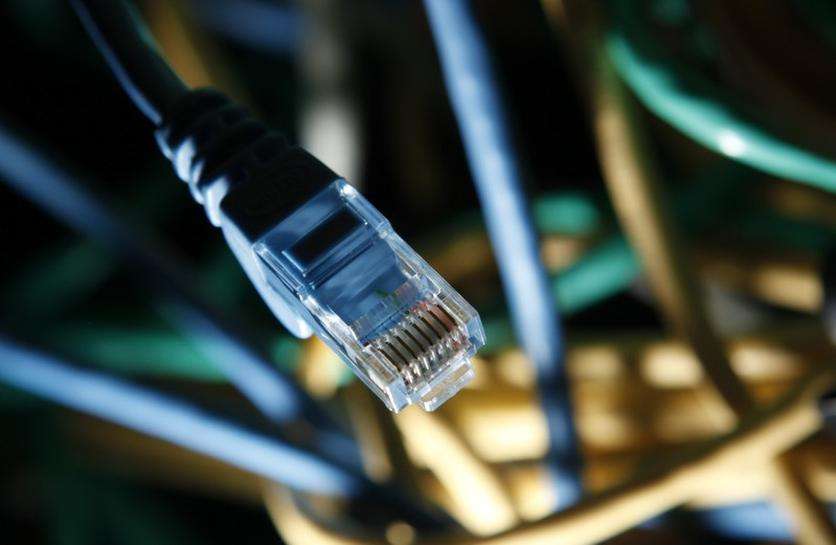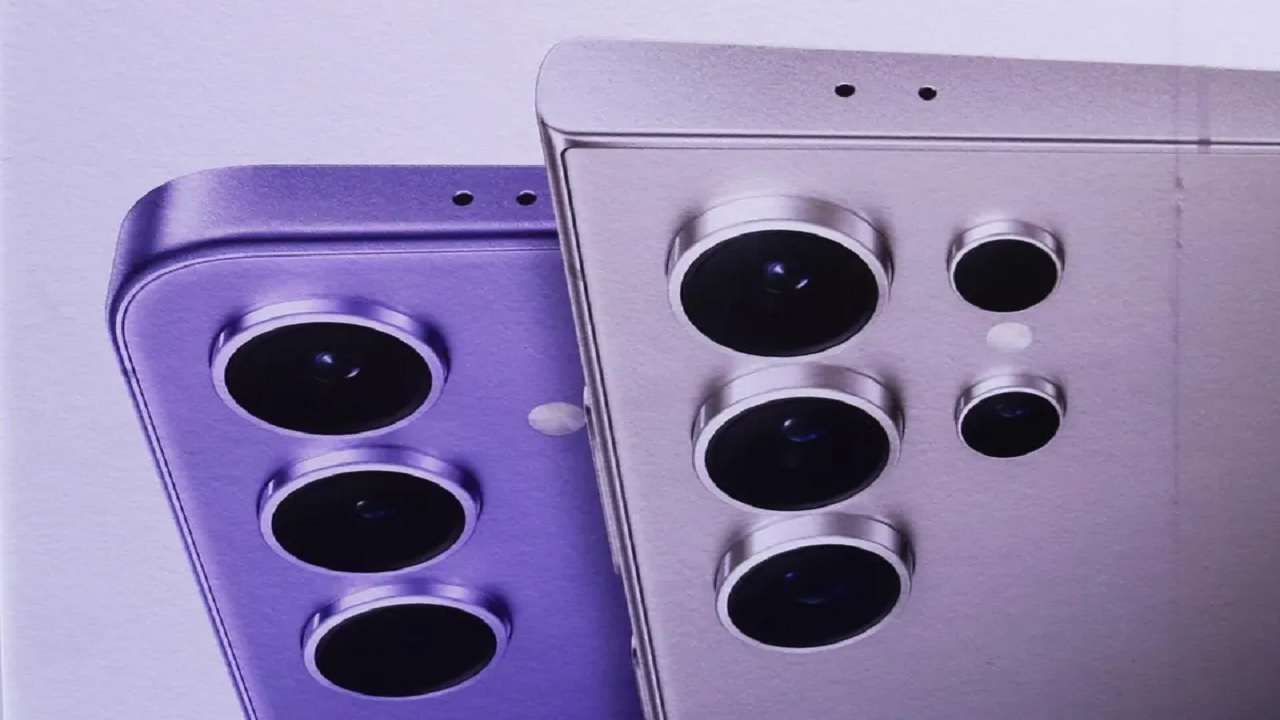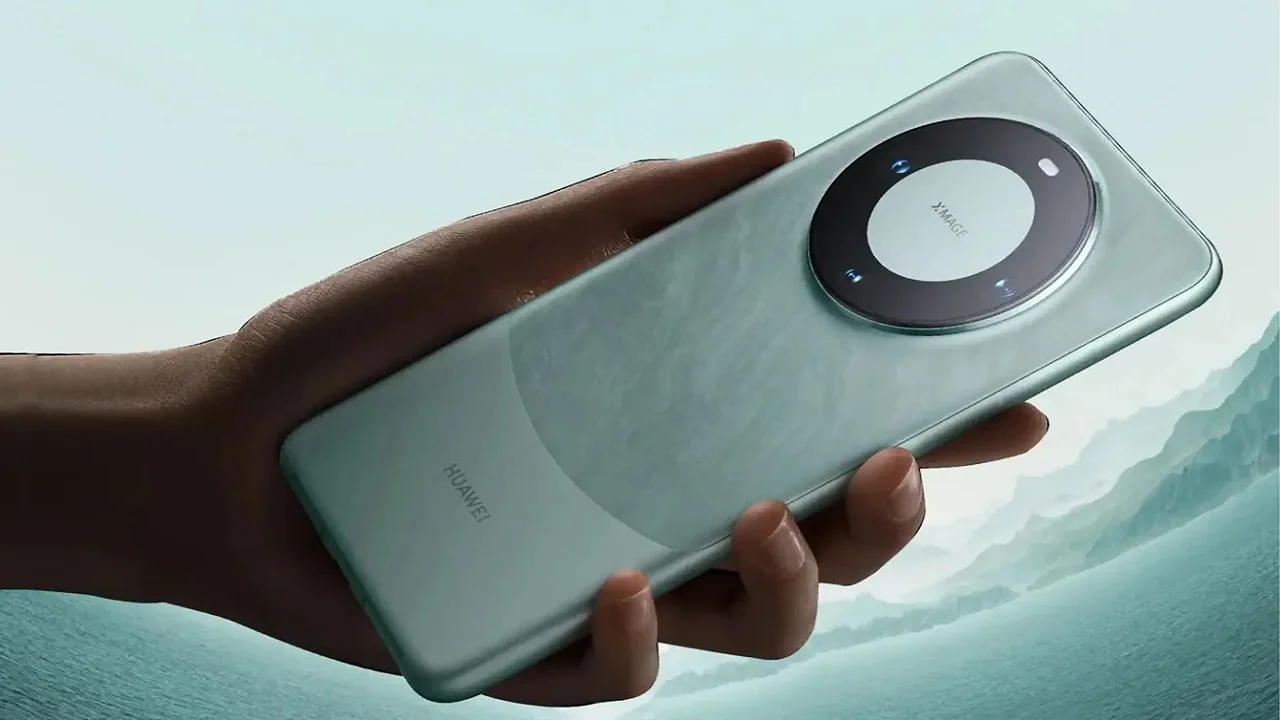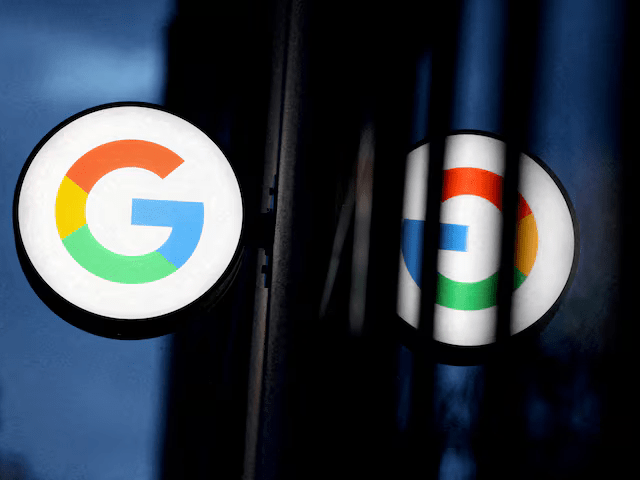H2: A Game-Changing Upgrade to Pakistan’s Digital Infrastructure
Pakistan is on the verge of a significant technological leap forward as a new undersea cable is set to connect the country to Africa. This undersea cable, which is part of the ambitious 2Africa Pearls project, will be a major boost to Pakistan’s internet infrastructure, helping address long-standing concerns related to slow and unreliable internet speeds.
H3: What is the 2Africa Pearls Project?
The 2Africa Pearls project is a joint effort involving several countries and tech companies, aimed at improving connectivity between Africa, the Middle East, and South Asia. The new cable, spanning over 45,000 kilometers, is set to provide a capacity of 180 terabits per second (Tbps), significantly increasing Pakistan’s digital bandwidth. As part of the global initiative, Pakistan is one of 33 countries benefiting from this project, which will include 46 landing stations worldwide.
H3: Enhancing Pakistan’s Internet Experience
Once operational, this new cable will have a direct impact on Pakistan’s internet speeds and reliability. It is expected to double the country’s existing bandwidth, bringing much-needed relief to internet users who have struggled with slow connections in recent years. In particular, social media platforms such as Facebook, WhatsApp, and Instagram, which have been severely impacted by sluggish internet speeds, will experience a notable improvement.
Currently, Pakistan relies on about 8 terabytes of bandwidth from existing undersea cables. However, this has not been sufficient to meet the growing demand for high-speed internet. The addition of the new cable will bring an additional 24 terabytes of bandwidth, ensuring smoother online experiences, particularly for users of popular social media apps.
H2: Addressing Pakistan’s Long-Standing Internet Challenges
H3: Slow Internet Speeds and Frequent Outages
Over the past few months, Pakistan has experienced frustrations among internet users due to slow speeds and frequent outages. This issue has particularly affected the freelancing community, which relies heavily on reliable internet connections for their work. The government has also attributed some of these slowdowns to the increased use of Virtual Private Networks (VPNs), as users seek ways to bypass content restrictions.
The addition of the 2Africa Pearls cable aims to resolve these persistent challenges by significantly boosting the country’s overall internet capacity. This improvement will help Pakistan align more closely with international internet speed standards.
H3: What Does This Mean for Pakistan’s Digital Future?
The installation of the new undersea cable is just one part of a broader effort to improve Pakistan’s digital infrastructure. In the coming year, the country plans to add four more major internet lines, including those supporting 5G services. These upgrades are expected to further enhance Pakistan’s digital capacity, helping the country keep pace with global technological advancements.
H2: The Political and Social Implications of Slow Internet Speeds
H3: Criticism from Political Leaders
The issue of slow internet speeds has not gone unnoticed by Pakistan’s political leaders. Shaza Fatima, the Minister of State for Information Technology, acknowledged that Pakistan’s internet speeds do not meet international standards. This issue has been a topic of discussion in the National Assembly, with various political parties criticizing the government’s lack of a comprehensive plan to address the problem.
One of the most vocal critics has been the Pakistan Peoples Party (PPP), a coalition partner of the Pakistan Muslim League-Nawaz (PML-N). PPP Member of Parliament Shazia Marri raised concerns about the government’s Digital Nation Bill, arguing that it contradicted the claims of digital development in the country while failing to address the critical issue of slow internet speeds.
H3: Bilawal Bhutto Zardari’s Call for Digital Rights
PPP Chairman Bilawal Bhutto Zardari has also been vocal about the challenges facing Pakistan’s digital landscape. While addressing a convocation ceremony at Sindh University in Jamshoro, Bilawal urged the youth to unite and demand their digital rights, highlighting the government’s failure to provide adequate infrastructure for digital growth.
He warned that efforts were underway to control and censor the digital landscape in Pakistan, including the ongoing issues with internet speed and the blocking of VPN services. Bilawal emphasized that the availability of bandwidth, fiber-optic cables, and wireless internet services should be treated as essential infrastructure, similar to roads, ports, and airports, which have played a crucial role in the development of modern nations.
H2: The Road Ahead: What the 2Africa Pearls Cable Means for Pakistan
H3: Expected Benefits of the New Cable
The 2Africa Pearls cable will bring multiple benefits to Pakistan, particularly in terms of boosting the country’s internet speed and ensuring a more reliable connection for users across the country. With this significant infrastructure upgrade, Pakistan will be better positioned to meet the demands of its growing digital economy, including the expanding e-commerce, freelancing, and entertainment sectors.
The new cable will also facilitate smoother communication for individuals and businesses relying on online platforms, creating a more favorable environment for the digital sector to thrive. Additionally, the added bandwidth will enable Pakistan to capitalize on emerging technologies, such as 5G, which will require faster and more reliable internet speeds.
H3: The Future of Pakistan’s Digital Infrastructure
The installation of the 2Africa Pearls cable is only the beginning of a series of planned upgrades to Pakistan’s internet infrastructure. The government has committed to expanding the country’s digital capacity in the coming years, including the addition of more internet lines and the rollout of 5G services.
As Pakistan continues to modernize its digital landscape, it is expected that these improvements will help the country catch up with global standards and foster innovation across various sectors, including business, education, and entertainment.
FAQs
Q1: What is the 2Africa Pearls project? The 2Africa Pearls project is a global initiative designed to improve internet connectivity between Africa, the Middle East, and South Asia. It involves the installation of a new undersea cable with a capacity of 180 terabits per second.
Q2: How will the new undersea cable impact Pakistan’s internet speeds? The new cable is expected to double Pakistan’s digital bandwidth, significantly improving internet speeds, especially for social media platforms such as Facebook, WhatsApp, and Instagram.
Q3: How much additional bandwidth will the new cable provide to Pakistan? The new undersea cable will provide an additional 24 terabytes of bandwidth, boosting the country’s internet capacity and addressing ongoing slow speeds and outages.
Q4: Why is Pakistan’s internet speed so slow? Pakistan’s internet speed issues have been attributed to several factors, including reliance on limited bandwidth from existing cables, increased VPN usage, and inadequate infrastructure to meet growing digital demands.
Q5: What are the government’s plans to address internet speed issues in the future? Pakistan plans to add four more major internet lines next year, including those supporting 5G services, to further enhance the country’s digital capacity and improve internet speeds
SEE ALSO
https://flarenews.pk/2024/12/24/icc-mens-champions-trophy-2025/



